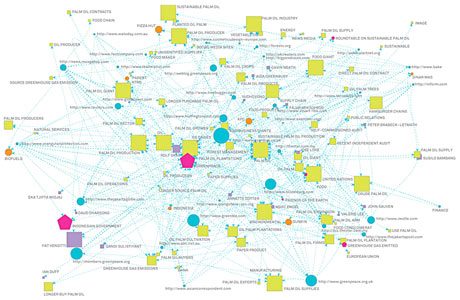Now's your chance to stop an oil rig. Well, quite a few really.
Right now, in the corridors of Brussels, our politicians and civil servants are haggling over our future. Specifically the future of our oil consumption.
We know the vast majority of oil is used in transport, and that's why the forthcoming European decisions on emissions targets for vans and cars are so important to our Go Beyond Oil campaign.













